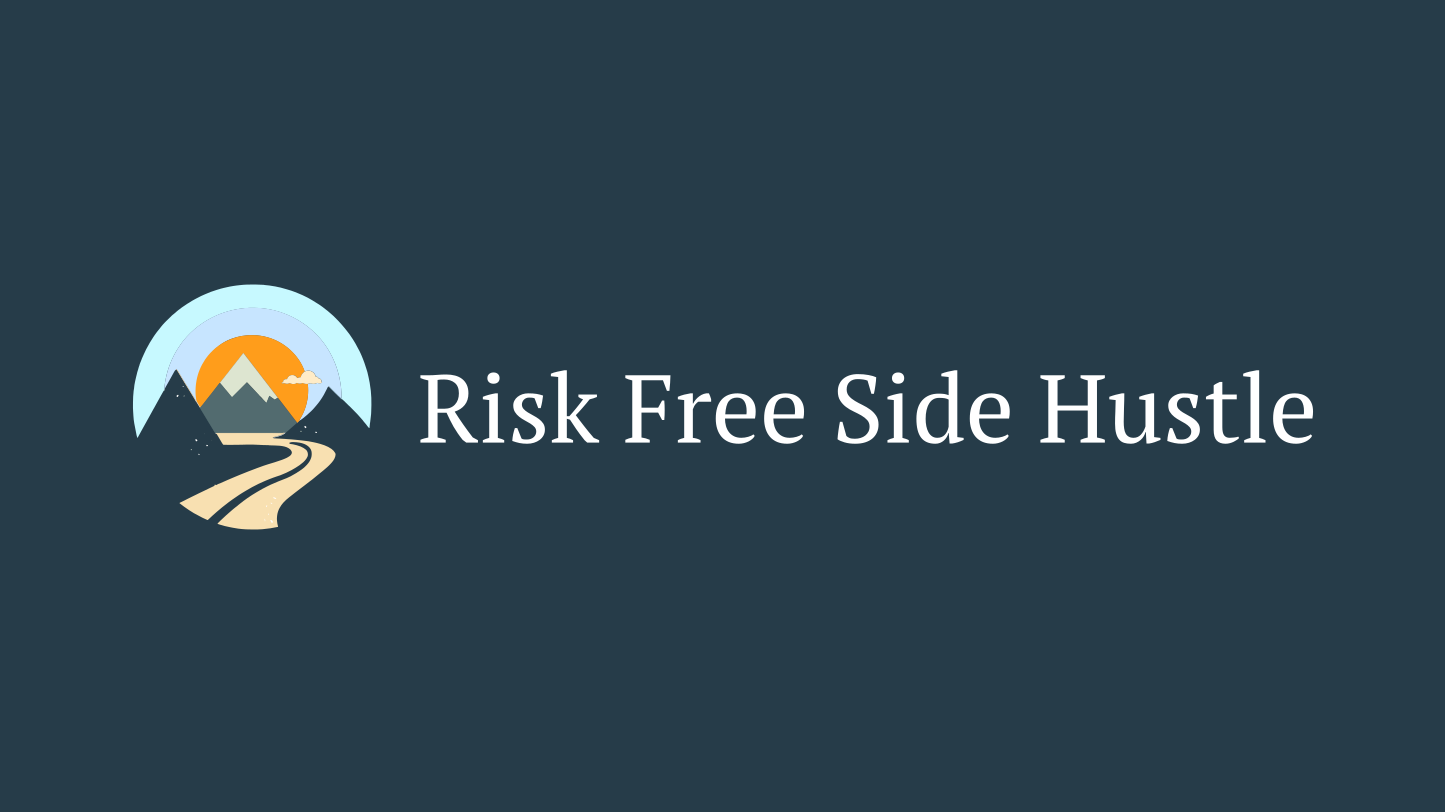40. The 90-Day Rule: Why Most Layoffs Follow a Predictable Pattern
Episode 40: The 90-Day Rule - Why Most Layoffs Follow a Predictable Pattern
Host: Nathan Pearce
Release Date: July 12, 2025
Episode Length: 11 minutes
Episode Summary
Ever been blindsided by a layoff that "came out of nowhere"? Nathan reveals the shocking truth: 73% of layoffs follow identifiable patterns within a 90-day window, yet 89% of affected employees report being completely surprised. Learn the RISE framework for recognizing early warning signals and building professional layoff resilience before you need it.
In This Episode, You'll Learn:
🔹 Recognize the 90-day layoff pattern – The predictable timeline most companies follow when making workforce decisions
🔹 Identify early warning signals – Specific changes in leadership language, budget processes, and manager behavior that telegraph layoffs
🔹 Build a professional safety net – Four key components of the Professional Safety Net Protocol to protect your career
🔹 Create an intelligence network – How to cultivate relationships that provide organizational insights before decisions are announced
🔹 Execute a 90-day preparation timeline – Step-by-step actions to take when you spot warning signals
🔹 Turn preparation into opportunity – Real strategies for positioning yourself proactively rather than reactively
🔹 Develop layoff resilience – Professional practices that build career security independent of any single employer
Key Takeaways
🔸 Pattern recognition beats paranoia – The 90-day cycle aligns with quarterly business reviews where most workforce decisions crystallize
🔸 Warning signals follow a predictable timeline – Days 90-60 show strategic shifts, 60-30 reveal operational changes, 30-0 display communication pattern changes
🔸 Professional self-advocacy requires preparation – Companies telegraph intentions through budget freezes, strategic pivots, leadership changes, and communication shifts
🔸 External relationships are professional insurance – Investing 30 minutes weekly in outside networking provides crucial career protection
🔸 Documentation creates leverage – Maintaining updated achievement records, project outcomes, and stakeholder feedback positions you for internal and external opportunities
🔸 Preparation isn't pessimism – Building layoff resilience is professional responsibility, not fear-based thinking
Reflection Questions
💭 If you had 90 days' notice instead of being surprised, how would you use that time differently to protect and advance your career?
💭 What organizational changes have you noticed in the past 30 days that could be early warning signals?
💭 Who in your network could provide insights into your company's direction before major decisions are announced?
💭 How would positioning yourself as part of the solution rather than waiting to become part of the problem change your approach to workplace uncertainty?
💭 What would a "professional insurance policy" document look like for your specific career situation?
Action Step
This Week's Challenge: Conduct a "signal audit" by listing any organizational changes you've noticed in the past 30 days, then identify three people in different departments who could provide insight into company direction. Update your LinkedIn headline and summary with subtle positioning improvements.
Resources & Links
📚 Free Resources:
- Newsletter subscription: rfsh.co/newsletter
- The Layoff Preparedness Checklist: Download here
- Professional Identity Reclamation eBook: Free download
🎯 Programs:
- Risk Free Side Hustle Program: rfsh.co
- Free Side Hustle Starter Kit: rfsh.co/stage-zero
Join the Conversation
📱 Connect with Nathan:
- LinkedIn: Nathan Pearce
- Email: [email protected]
🎙️ Share Your Story: What warning signs have you noticed in your current or past workplaces? Your insights could help a fellow listener prepare for what's coming.
💬 Community Question: How has recognizing organizational patterns changed your approach to career security? We'd love to hear from you!
⭐ Support the Show: If this episode helped you think differently about professional preparedness, please leave a review and share it with someone who needs to reclaim control over their career trajectory.
Remember: Reading the patterns isn't about living in fear—it's about living with agency. The most successful professionals aren't those who never face setbacks, but those who see them coming and turn preparation into opportunity.

